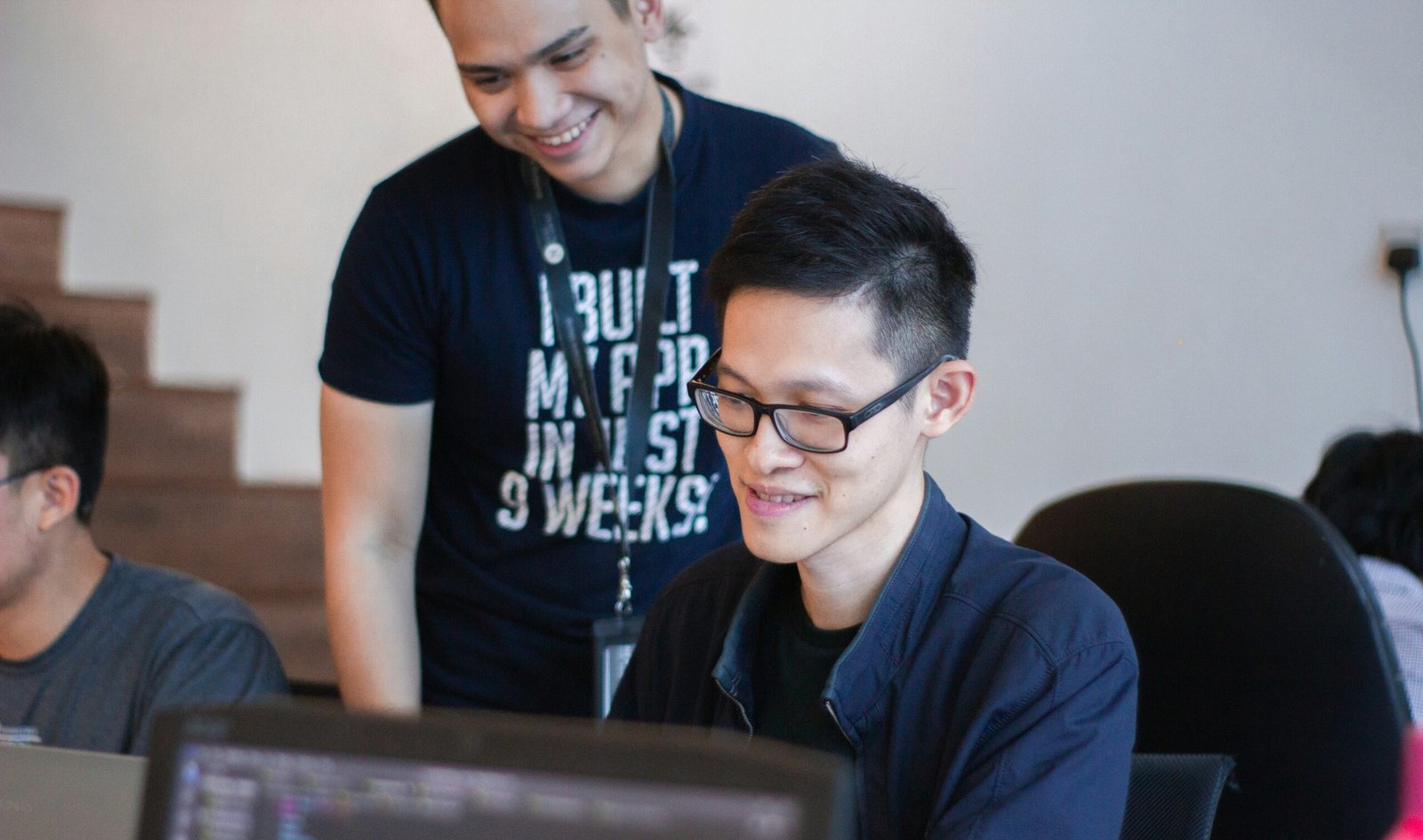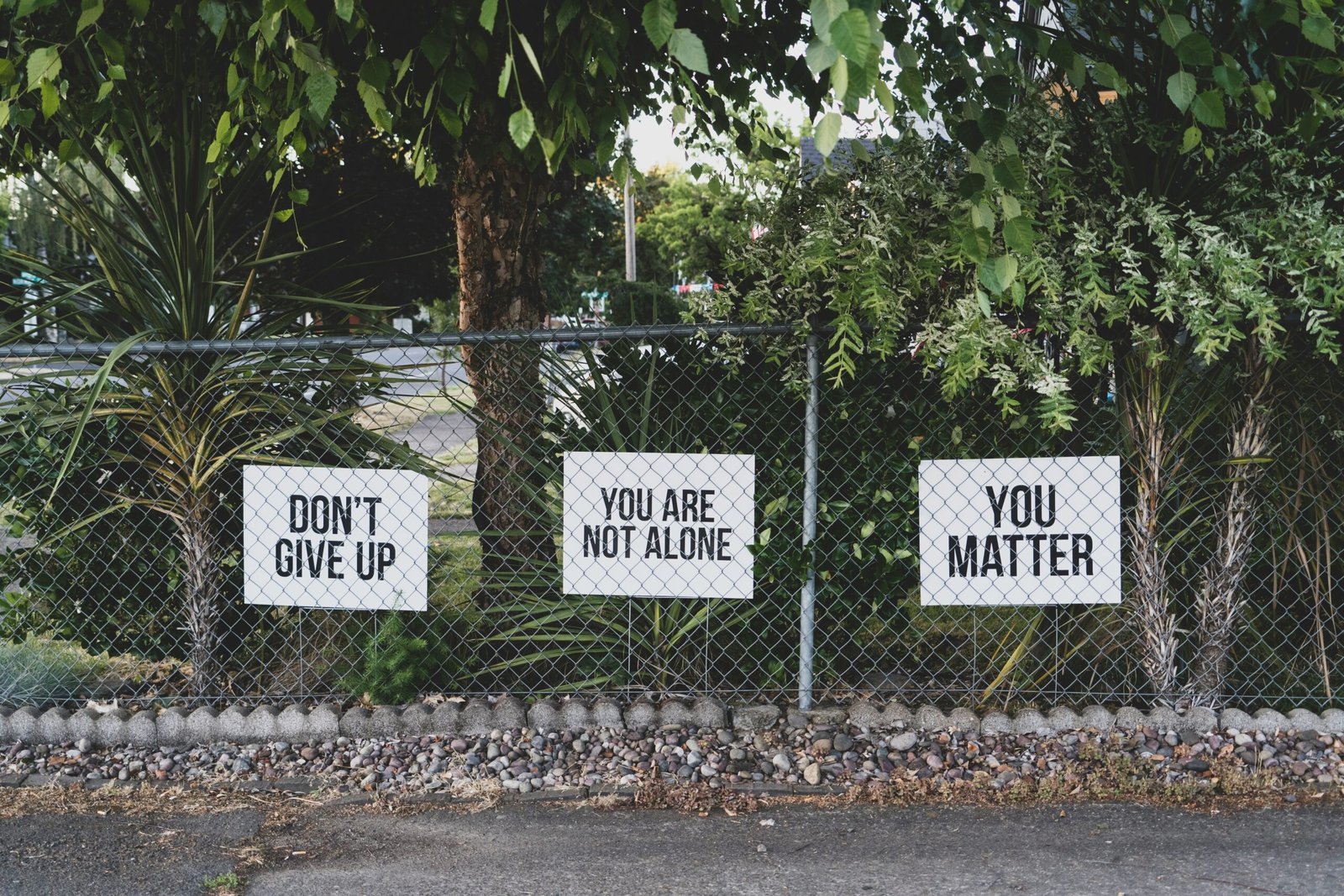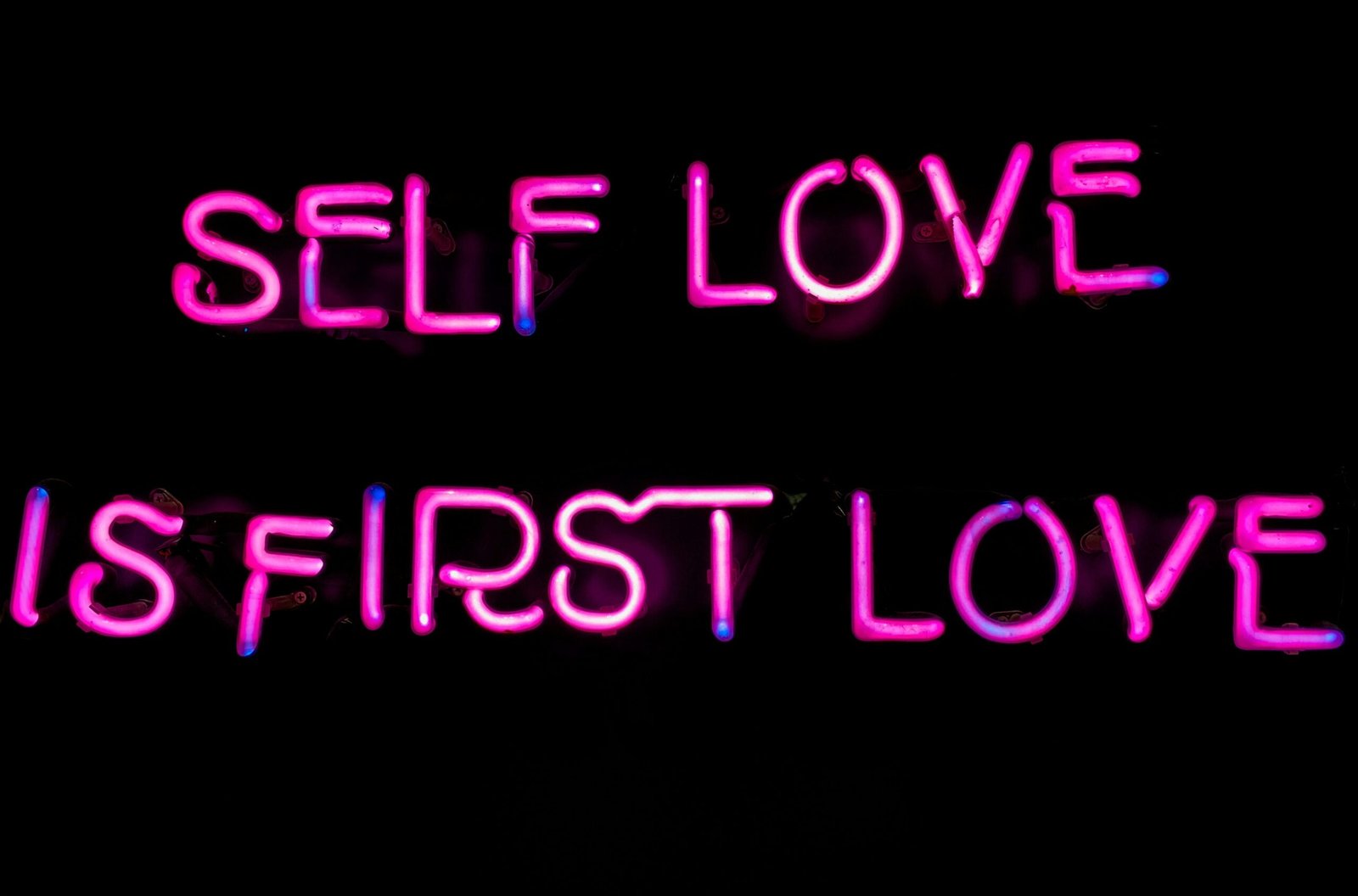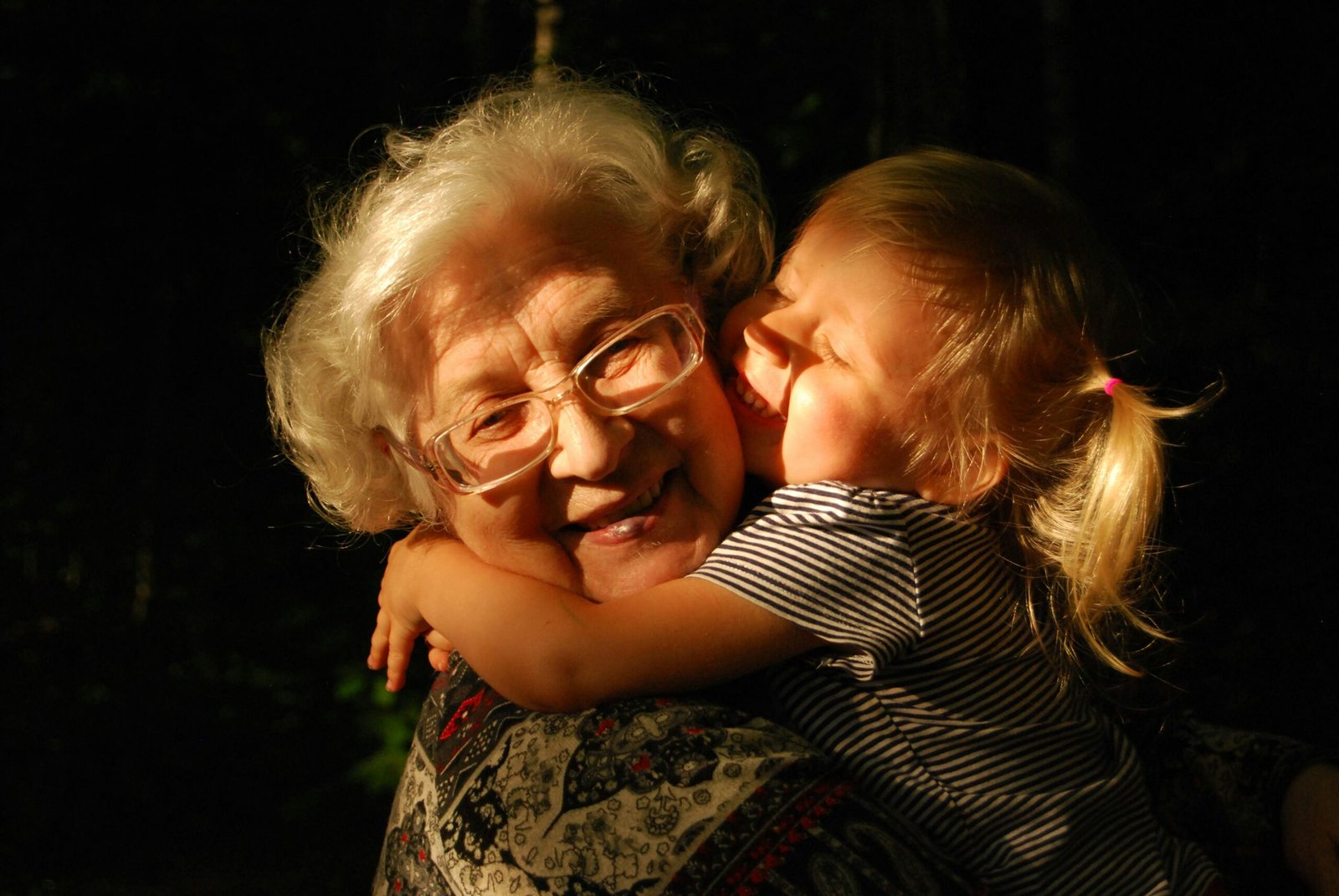Introduction to Elias and His Struggles
Elias is a successful businessman based in Turkey, known for his acumen in the competitive corporate world. Despite his professional achievements, he grapples with mental health challenges that he diligently conceals from those around him. The societal stigma surrounding mental health in Turkey exacerbates Elias’s struggles, compelling him to present an image of success while feeling increasingly isolated.
In a culture where traditional views often emphasize toughness and resilience, admitting to emotional or psychological difficulties can be seen as a sign of weakness. This perception weighs heavily on Elias, who feels the need to uphold a façade of confidence and stability. Thus, he focuses on external successes, believing that they will mask the internal turmoil he faces daily. However, this relentless pursuit of perfection leads to heightened feelings of loneliness, as he finds it challenging to share his true self with others, fearing judgment or misunderstanding.
Elias’s journey through his mental health struggles is marked by a silent desperation. He is constantly torn between his responsibilities as a leader and the need to address his emotional well-being. The pressure to maintain his company’s image further deepens his sense of isolation. He often wonders if others perceive him as the confident figure he projects or if they sense the anxiety and self-doubt that plague him. This dichotomy between his public persona and private reality creates a significant emotional burden that he carries alone.
By delving into Elias’s story, we aim to shed light on the often-invisible battles many successful individuals face regarding mental health. His experiences serve as a reminder that behind every successful exterior, there may lie unspoken challenges that deserve recognition and compassion. Through this narrative, we hope to dismantle the stigma associated with mental health and encourage a compassionate dialogue surrounding this crucial issue.
Understanding Mental Health Stigma
Mental health stigma represents a significant barrier to open conversations and effective treatment, particularly in business environments. This stigma often stems from deep-rooted misconceptions and cultural attitudes toward mental health, profoundly influencing individuals’ willingness to seek help. In Turkey, mental health issues are frequently viewed with skepticism, leading to misconceptions that equate mental illness with weakness or personal failure. Such attitudes can not only discourage individuals from acknowledging their struggles but also create an environment where discussions around mental health are minimal, thus perpetuating the cycle of silence and misunderstanding.
In the workplace, this stigma manifests in various ways, including the fear of being judged by colleagues or supervisors, impacting one’s career trajectory. Employees may worry about being perceived as unfit for their roles if they openly discuss their mental health struggles. Consequently, individuals like Elias find themselves wrestling with internal conflicts, torn between the desire for support and the fear of professional repercussions. The reluctance to address these issues can lead to a deteriorating work environment, affecting overall productivity and interpersonal relationships within teams.
Moreover, the lack of awareness regarding mental health issues in Turkey contributes to a pervasive culture of silence. Many employees are unaware of the signs of mental health challenges or how to support themselves and their colleagues effectively. This lack of education amplifies feelings of isolation among those experiencing mental health difficulties, further entrenching stigma. Addressing these misconceptions requires not only individual willingness to change perceptions but also organizational commitment to fostering an open dialogue about mental health. By breaking the stigma, businesses can promote a healthier work atmosphere where employees feel valued and supported in their mental health journeys, ultimately benefiting both individuals and the organization as a whole.
Aisha: The Mental Health Advocate from Canada
Aisha, a dedicated mental health advocate from Canada, has emerged as a prominent voice in the movement to destigmatize mental health issues. Growing up in a culturally diverse environment, she experienced firsthand the complexities that cultural differences can introduce into conversations about mental well-being. Aisha’s journey is not just professional but personal; she has navigated her own mental health challenges, which ignited her passion for advocacy. Her experiences have underscored the importance of open dialogue and acknowledgment of individual struggles.
An important aspect of Aisha’s work involves educating communities about the nuances of mental health, particularly within cultural contexts. Many individuals from diverse backgrounds may feel stigmatized when discussing their mental health due to cultural beliefs that prioritize strength and stoicism over vulnerability. In her outreach initiatives, Aisha aims to dismantle these barriers by fostering an environment where vulnerability is recognized as a strength rather than a weakness. By sharing her own story, Aisha establishes a relatable foothold for others who may feel isolated in their struggles.
Aisha employs various platforms—workshops, social media, and public speaking engagements—to raise awareness about mental health issues, expanding discussions beyond traditional narratives. Her advocacy work emphasizes the need for culturally competent approaches to mental health care, acknowledging that one-size-fits-all solutions often fail those from minority backgrounds. Moreover, Aisha actively collaborates with mental health professionals to create inclusive resources that resonate with individuals from various cultures.
Through her mission, Aisha seeks not only to raise awareness but also to inspire action. She is committed to facilitating conversations that empower others to advocate for their mental health and embrace their vulnerabilities. By bridging the cultural gaps in mental health discourse, Aisha continues to impact lives positively, helping to cultivate an understanding that mental health is an essential aspect of overall well-being.
The Meeting of Elias and Aisha
Elias and Aisha crossed paths on an unassuming Tuesday afternoon at a local community center, where both attended a workshop focused on mental health awareness. Elias, struggling with his own mental health challenges, hesitated to participate fully in discussions. He observed others sharing their experiences with a sense of ease that seemed unattainable for him. Aisha, on the other hand, entered the room radiating warmth and authenticity. As an advocate for mental health, she openly shared her personal struggles, her efforts in seeking therapy, and her commitment to fostering a safe space for conversation.
The bond they formed that day acted as a catalyst in Elias’s journey toward better mental health. Aisha’s unwavering support and encouragement allowed him to explore his emotions without judgment. She emphasized that vulnerability is not a sign of weakness but a bridge toward understanding and healing. Their friendship blossomed over shared experiences and mutual support, reinforcing the notion that connections built on trust and openness can be incredibly uplifting. This meeting marked the beginning of an impactful partnership, leading them both toward a greater understanding of mental health and the importance of community in individual recovery journeys.
The Power of Vulnerability
Vulnerability plays a crucial role in fostering meaningful connections, especially in the context of mental health advocacy. It is often perceived as a weakness, yet it is, in fact, a profound strength that allows individuals to share their authentic selves. Elias’s journey toward understanding this concept unfolds through his interactions with Aisha, who embodies the essence of vulnerability. As they navigate their respective mental health challenges, Aisha demonstrates that revealing one’s struggles can lead to greater empathy and understanding.
When Elias observes Aisha openly discussing her experiences, he begins to realize that vulnerability acts as a bridge, connecting people through shared experiences and emotions. It is this open sharing that dismantles the barriers often created by stigma surrounding mental health issues. Aisha’s willingness to be candid about her struggles not only normalizes the conversation around mental health but also encourages Elias to reflect on his own feelings. This reflection initiates a pivotal shift in Elias’s perspective, opening the door for deeper conversations about his mental health.
The courage to express one’s vulnerabilities can serve as an invitation for others to do the same, creating an environment of support and understanding. As Elias learns from Aisha, he starts to appreciate that opening up about his challenges does not make him less capable or strong; rather, it positions him to cultivate stronger relationships with those around him. By embracing vulnerability, he not only enhances his support network but also empowers others to share their own narratives, fostering a culture of openness and acceptance. This exchange lays a vital foundation for mental health awareness, affirming that vulnerability is indeed a powerful catalyst for change.
Elias’s Journey to Openness
Elias’s journey toward openness regarding his mental health challenges began in a moment of profound introspection. For a long time, he grappled with feelings of anxiety and depression, but expressing these emotions was daunting. The stigma surrounding mental health often led him to believe that vulnerability was a sign of weakness—a belief deeply ingrained in societal narratives and reinforced by fears of judgment from peers and colleagues. However, a turning point arose when he attended a mental health workshop that highlighted the importance of honesty and communication in healing.
With the encouragement of supportive friends and mental health professionals, Elias began to navigate his fears and hesitations. He started with small conversations, confiding in close friends about his struggles. These initial discussions proved transformative; instead of rejection, he experienced understanding and empathy. This positive reinforcement fueled his desire to be more open, leading him to share his experiences publicly through social media platforms. Each post, while deeply personal, was framed as a means to foster awareness and encourage others facing similar challenges to seek help.
The reactions Elias received varied, encompassing both supportive messages and instances of skepticism. While some applauded his courage, others expressed discomfort at the subject matter, indicative of the lingering stigma around mental health. Nonetheless, Elias persisted, motivated by the realization that his openness not only liberated him but also inspired others to embrace their vulnerability. His newfound authenticity enriched his personal relationships, establishing deeper connections rooted in mutual understanding. Professionally, his candidness gradually shifted workplace dynamics, promoting a culture that prioritized mental well-being and open dialogue. Through this journey, Elias learned the invaluable lesson that sharing one’s struggles can catalyze change and foster a ripple effect of awareness and acceptance.
Impact on Peer Relationships
The decision made by Elias to openly share his struggles with mental health significantly impacts his relationships with peers. Initially, his vulnerability might have seemed daunting, yet it catalyzes a series of positive changes within his social circle. As Elias embraces transparency regarding his mental health journey, he inadvertently cultivates an environment where support and understanding flourish.
For instance, peers who were previously hesitant about discussing their own challenges find inspiration in Elias’s candor. This revelation prompts open dialogues about mental health among his friends, fostering deeper connections based on mutual understanding. Elias’s willingness to speak up encourages his peers to do the same, creating a ripple effect that contributes to an inclusive atmosphere. The conversation shifts from superficial interactions to more meaningful exchanges, allowing individuals to explore their feelings and experiences in a safe space.
Moreover, as more individuals engage in these honest conversations about mental health, the stigma surrounding such discussions begins to dissipate. Elias’s example serves to dismantle preconceived notions that vulnerability is a weakness. Instead, it showcases resilience and the importance of seeking support. Relationships are strengthened as peers rally around one another, offering encouragement, empathy, and active listening. This shift leads to a more cohesive group dynamic, where individuals feel empowered to support each other through various challenges, both personal and academic.
In essence, Elias’s decision to break the silence regarding his mental health not only enriches his own life but also transforms the lives of those around him. This shared journey enhances camaraderie and builds a foundation of trust and support among peers, ultimately leading to healthier, more robust relationships that prioritize mental well-being.
Aisha’s Continued Support and Advocacy
Aisha’s unwavering support for Elias has significantly influenced both his journey toward recovery and the broader quest for mental health awareness in Turkey. Recognizing the detrimental impact of societal stigma surrounding mental health, Aisha has taken a proactive approach in educating herself and others. By engaging in various community mental health workshops and seminars, she has gained a deeper understanding of mental health issues, which she now utilizes to advocate for change.
In her capacity as an advocate, Aisha collaborates with local organizations dedicated to mental health awareness. She organizes campaigns and outreach programs aimed at destigmatizing mental health challenges, ensuring that individuals like Elias are provided with the support they need. Her efforts include hosting informational sessions, where she shares Elias’s story as a testament to the importance of seeking help and supporting friends who struggle with mental health issues. By illuminating personal narratives, she hopes to foster a more compassionate environment.
Moreover, Aisha’s partnership with Elias has evolved into a dynamic collaboration. Together, they have initiated support groups that not only serve as a safe space for individuals to share their experiences but also function as platforms for empowerment. These groups encourage participants to actively discuss their mental health issues and explore coping strategies, emphasizing the notion that no one has to face these challenges alone. Through this partnership, Aisha and Elias aim to reshape perceptions of mental health in their community, demonstrating that advocacy is not merely about raising awareness but also about building a supportive network.
Thus, through her continued dedication and collaborative efforts with Elias, Aisha is paving the way for a significant cultural shift regarding mental health in Turkey, fostering an environment where individuals feel empowered to seek help, connect, and share their experiences freely.
Conclusion: Lessons Learned and the Path Forward
Elias and Aisha’s journey sheds light on critical insights concerning mental health awareness, emphasizing the transformative power of vulnerability and understanding. Their experiences illuminate how open conversations can dismantle the stigma surrounding mental health issues. By sharing personal struggles and successes, both Elias and Aisha demonstrate that authenticity fosters connection and encourages others to confront their challenges candidly.
The importance of support systems cannot be overstated. Elias and Aisha’s narratives highlight how a strong network of friends, family, and mental health professionals contributes significantly to recovery and resilience. These relationships provide a lifeline during times of distress, reinforcing that individuals dealing with mental health concerns are not alone. Importantly, the journey towards mental wellness requires not only self-advocacy but also the compassion and understanding of those around us.
As we reflect on their story, it becomes clear that fostering open dialogues about mental health in various environments—be it at home, in schools, or workplaces—can create a culture of acceptance. When individuals feel safe to express their emotions and experiences, it normalizes discussions around mental health, reducing shame and isolation. This collective effort encourages society to move away from outdated stigmas and embrace a more compassionate approach to mental well-being.
Going forward, it is crucial that we all commit to continuing the conversation about mental health. By being proactive in our understanding, we can empower ourselves and others to seek help when needed, ultimately leading to healthier communities. As Elias and Aisha have shown us, every shared story can inspire change and ignite hope—encouraging individuals to rise above their struggles and continue their journey towards mental wellness.


















No Comments
Leave a comment Cancel